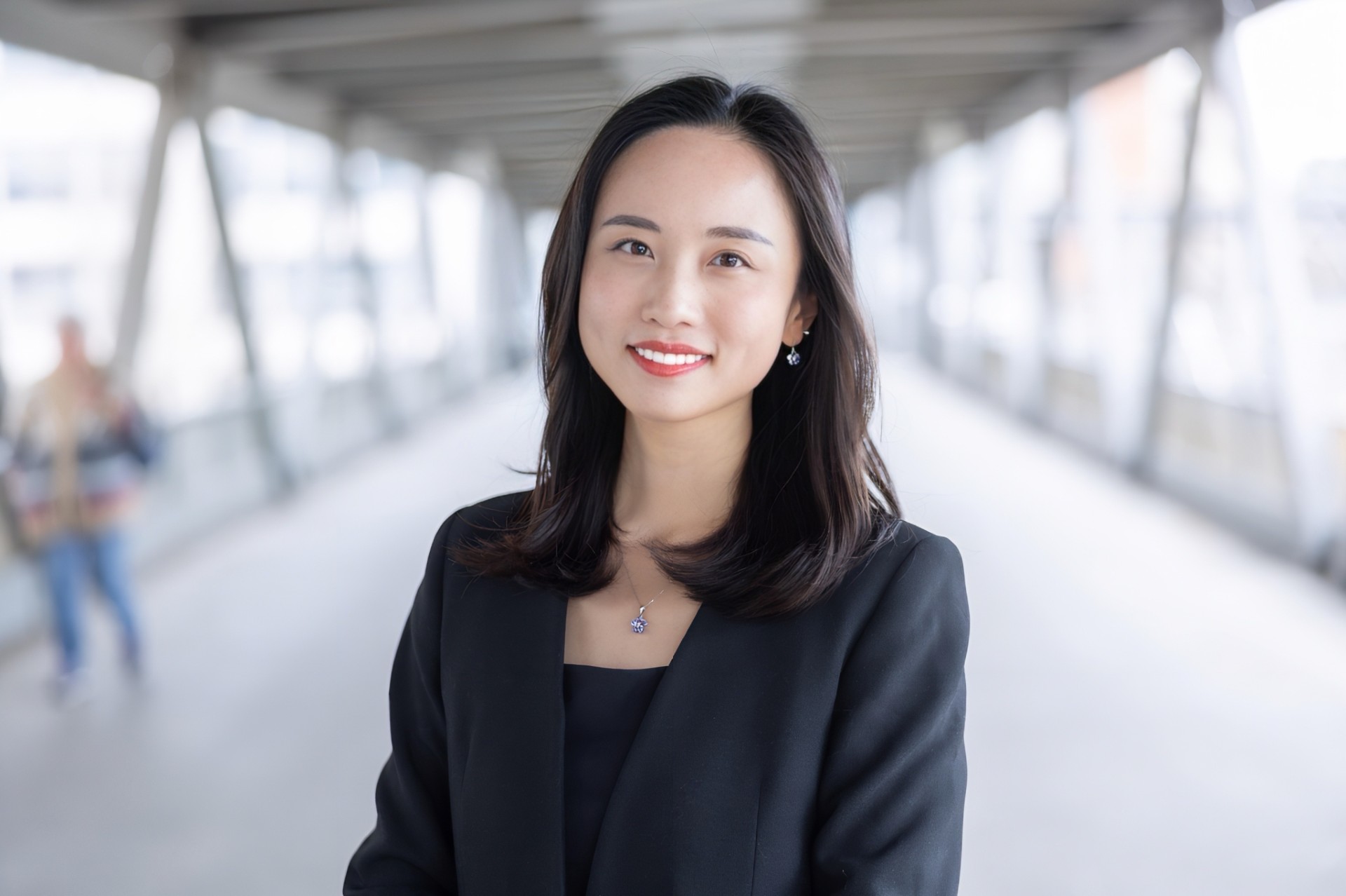Education and Training
2023: Postdoctoral Scholar, Salk Institute for Biological Studies, La Jolla, CA
2018: Ph.D. in Biology, Stanford University, Stanford, CA
2011: B.S. in Pharmacy, Seoul National University, Seoul, Korea
Areas of Interest
The Chung lab harnesses the anti-tumor potential of our immune system via synthetic biology.
1) Transcription factor recipes for T cell programming: We are identifying transcription factor recipes to transform T cells into ideal therapeutic states. We combine (1) multiomics atlas-based transcription factor analysis platform and (2) in vivo single-cell CRISPR screening. We have discovered novel transcription factors whose perturbation synergizes with immune checkpoint blockade, enhancing tumor control. We are now screening for transcription factor combinations whose simultaneous perturbation allows effective cell state reprogramming (vs single knockout).
Awards and Honors (selected)
2023 K01 Research Scientist Development Award, NIH
2020 Keystone Symposia Future of Science Fund Scholarship, Keystone Symposia
2019 HHMI Hanna H. Gray Fellows Finalist, Howard Hughes Medical Institute
2019 Damon Runyon Fellowship Award, Damon Runyon Cancer Research Foundation
2019 AACR Anna D. Barker Award, American Association for Cancer Research (gratefully declined)
2019 Salk Women & Science Special Award, Salk Institute for Biological Studies
2018 IUBMB travel award, The International Union of Biochemistry and Molecular Biology
2017 Hans Neurath Outstanding Promise Travel Award, The Hans Neurath Foundation
2016 Mogam Science Fellowship, Mogam Science Scholarship Foundation
2015 Excellence in Teaching Award, Stanford University
2013 The Finn World Travel Awards, The Protein Society
2012-2016 Stanford Graduate Fellowship, Stanford University
Publications

